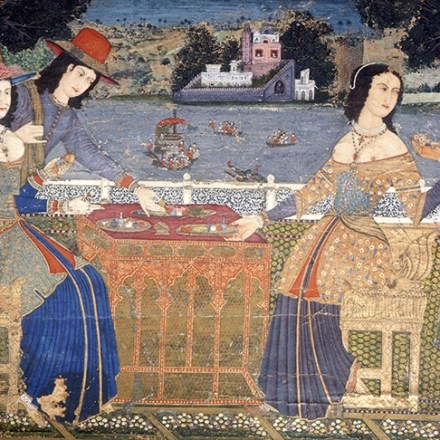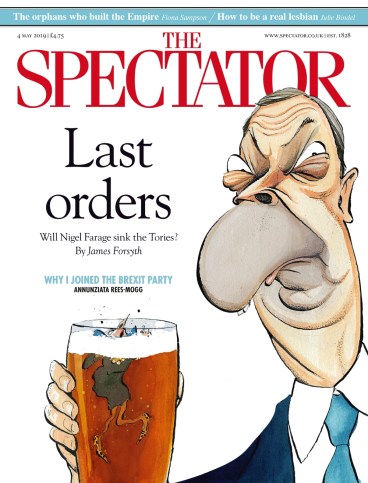Women of the Raj
Despite efforts to prevent them, British women formed a part of the Indian empire almost from the start. Although the East India Company warned them off, citing difficulties of climate, disease, morality, religion and culture, a few managed to travel there all the same. By the late 18th century their numbers had increased considerably, making













